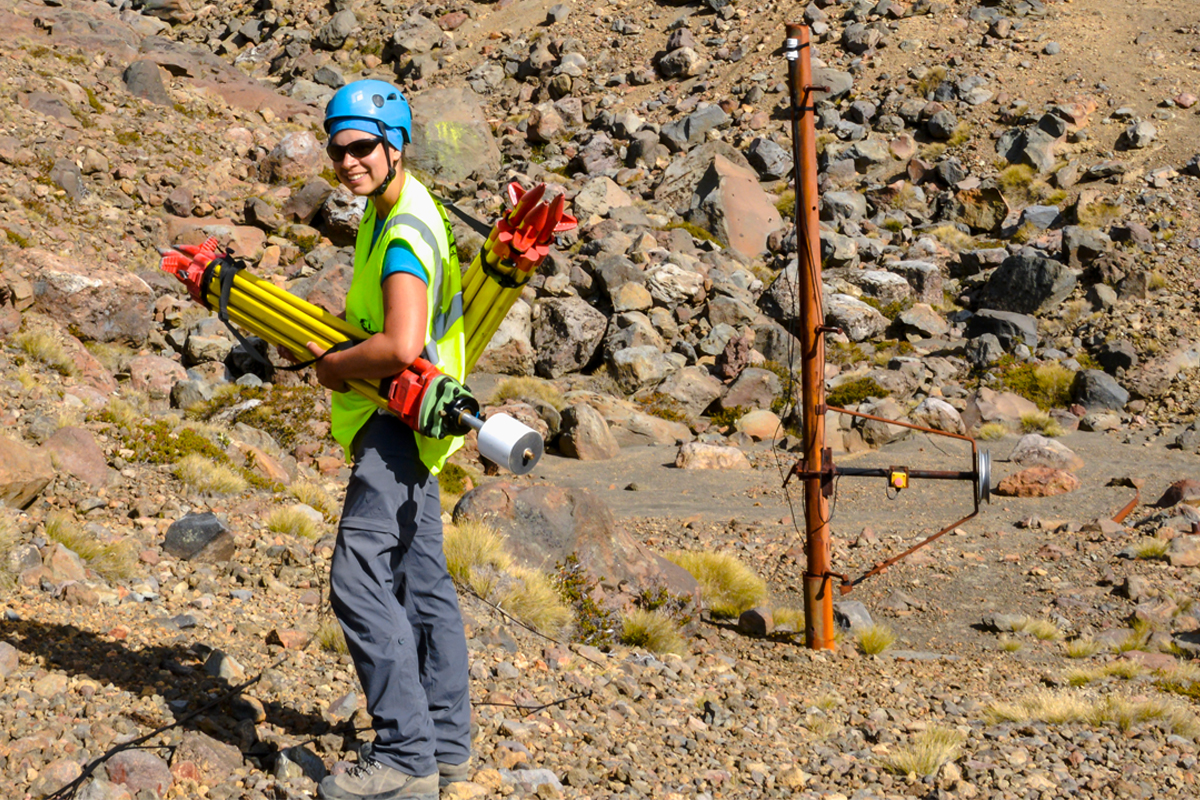All Categories
Featured
Table of Contents
Course: Basics In Geophysical Surveying in Bertram Western Australia 2022
This work is significantly contracted out, so consultancies offer another source of employment. Consultancy companies vary in size, from really little companies to big multinationals. Some consultancies are quite specialised in using specific geophysical techniques or working in particular areas, while others use a more varied range of services to their consumers.
The extraction of gas from land fill sites is another area of work and this may grow in the future. Exploration companies might undertake work for building firms, public utility, mining companies and ecological agencies, so geophysicists might be employed in any of these settings. Other employers consist of: geological surveysgovernment bodies and agenciesuniversities and research institutes.


Jobs may be listed in the oil and gas sector press. Recruitment is affected by oil cost fluctuations and the level of competition for positions varies depending on this. Professions Days, which cover the complete range of geoscience careers and are normally gone to by a variety of key industry companies, are run by The Geological Society.
How To Become A Geophysicist in Leda Western Australia 2020
A few of the large oil and gas business use a complete two-year structured training program throughout the breadth of geophysics, including the chance to experience work in numerous teams before specialising in one area. Your training might include work on: existing wellsmagnetic and gravitational possible field data analysisresearchrock analysis. However, it's more usual for your preliminary training to be supplied on the task.

There may be a probationary period throughout which you work alongside a knowledgeable colleague. Competency-based appraisals happen routinely in most firms. In smaller companies, and for academic posts, there is not likely to be any formal training - you'll be expected to begin work straightaway and get abilities as you go along.
If you work for a smaller company, you may discover that you need to take duty for setting up and funding your own development and training. If you have a geology degree, subscription of The Geological Society can be helpful for networking and for keeping up to date with the industry.
What Is Geophysics? in Port Kennedy WA 2023
You might likewise discover it useful to join the PESGB (The Petroleum Expedition Society of Great Britain, which has a geophysics special interest group. After a probationary duration, and once you've gained some experience, you could advance to senior geophysicist, then group leader and after that into a senior function in management.
The ease of motion between roles depends upon the business structure. Research study at Masters or Ph, D level in a subject related to geophysics or geosciences may assist with your career advancement and development. The work market within the oil and gas industry is really depending on rate and this might affect your opportunities for profession development.
For skilled geophysicists, freelance consultancy uses a great route for career advancement. As a geophysicist, you're most likely to have numerous tasks throughout your working life.
What Is Geophysics? in East Victoria Park Western Australia 2020
From geophysics, it's possible to focus on seismology (finishing more training to become a seismic interpreter) or to move into related areas such as engineering geology or danger forecast.
Choosing what to study in college is a tough choice. Even if you know that your field of interest lies in science, what program of research study is best for you?
But the very first action to accomplishing your goal of ending up being a geophysicist is earning a degree. Even for entry-level positions in the field of geoscience, you'll need a bachelor's degree (a geophysicist college degree) from an accredited college or university. Some research study positions require prospects to hold master's degrees and even Ph.
Geophysicist Job Description, Career As A Geophysicist ... in Tapping Western Australia 2023
Doctoral degrees are specifically crucial if you plan to teach at a four-year institution. Geophysicists use physics principles and methods to study the gravitational, magnetic, and electrical fields of the earth. This furthers scientists' understanding of both the world's interior core and its surface. Geophysicists need to be able to: examine rocks, photos, and other pieces of data conduct research study both in the field and in laboratories create maps and charts of their findings compose reports To achieve all this, trainees need a specialized education for geophysicist careers.
As mentioned above, you'll need a bachelor's degree in geoscience or a related discipline, such as a physical science or a life sciences, to land an entry-level task. However students can likewise prepare by learning topics like: Biology Chemistry Computer science Engineering Mathematics Physics The above geophysicist majors provide a more generalized approach to a single scientific discipline, however a lot of programs need trainees to take several geology course.
Latest Posts
What Should I Do To Be A Geophysicist? in Subiaco WA 2022
Geophysicist - Jobs And Skills Wa in Midland Western Australia 2023
Career Guide: Geophysicist in Tapping Aus 2022